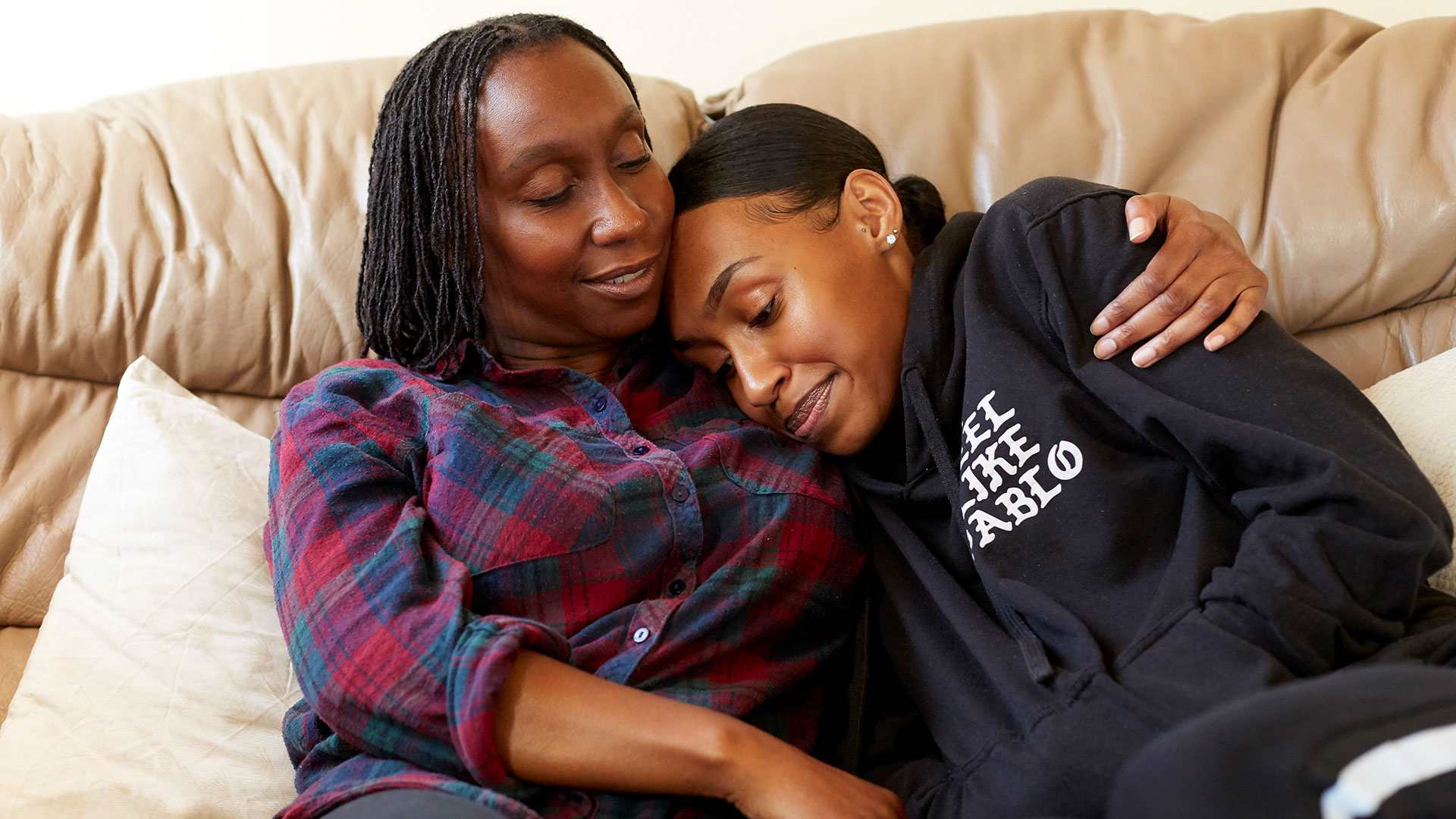Topics mentioned: mental health, reaching out for help
About: Laura writes about how vital mental health awareness has been for her recovery, and why it's so important that we keep talking.
I think it’s important for people like me, who have gone through mental health issues, to discuss why and how mental health awareness has helped.
When I first started to feel like something wasn’t right, my initial thought was: Is this normal?
I think it’s important for people like me, who have gone through mental health issues, to discuss why and how mental health awareness has helped.
Why mental health awareness helps
I felt alone and desperately needed to find others who felt the same as me.
Some people who have never experienced any form of mental health problems might ask: Why is it so important to raise awareness about mental health? People may think it’s something others should just deal with in silence – this couldn’t be further from the truth.
The bottom line is that everyone should spread awareness of mental health to normalise the topic. I know when I first started feeling down, I had never investigated any mental health charities before, and so I felt alone and desperately needed to find others who felt the same as me.
When I first started feeling down, I had never investigated any mental health charities before, and so I felt alone.
How mental health awareness helps
I began to realise that I was not alone and lots of other people were dealing with the same issues as I was.
As I started to research mental health (trust me I sat on Google for days!) I began to realise that I was not alone and lots of other people were dealing with the same issues as I was. Social media gets a huge amount of criticism these days and to some extent I agree with what is said.
However, social media platforms are great for finding out how other people feel. If you scroll through Instagram, for example, you can find hundreds of personal accounts about what people are going through – they are normalising their feelings, thus helping to normalise the topic of mental health.
Also, awareness isn’t just projected online – talking to my friends and family helped me, not only to let them know how I was feeling, but also to ask them if they were doing okay. It’s so important to check up on people and not just ask your typical every day questions, like “how are you?” but ask if they are truly okay within themselves. And more often than not, there is something they’re struggling with, and that’s completely normal.
It’s so important to check up on people and not just ask your typical every day questions, like “how are you?” but ask if they are truly okay within themselves.
You are not alone
I want to end this post by stressing the point that spreading awareness of mental health, especially if you have personal experience, is crucial to helping others with their own journey. I say ‘journey’ because it’s a process – whenever I see a post where somebody has expressed how they are feeling, it mentally helps me. It reminds me that I am not alone, and that’s why awareness is necessary for recovery and growth.
More information and advice
We have tips and advice to help you find the support you need. Take a look at our guides.
Where to get help
However you're feeling, there are people who can help you if you are struggling. Here are some services that can support you.
-
Childline
If you’re under 19 you can confidentially call, chat online or email about any problem big or small.
Sign up for a free Childline locker (real name or email address not needed) to use their free 1-2-1 counsellor chat and email support service.
Can provide a BSL interpreter if you are deaf or hearing-impaired.
Hosts online message boards where you can share your experiences, have fun and get support from other young people in similar situations.
- Opening times:
- 24/7
-
CALM (Campaign Against Living Miserably)
Provides support to anyone aged 16+ who is feeling down and needs to talk or find information.
Free webchat service available.
Read information about the helpline and how it works.
- Opening times:
- 5pm - midnight, 365 days a year






